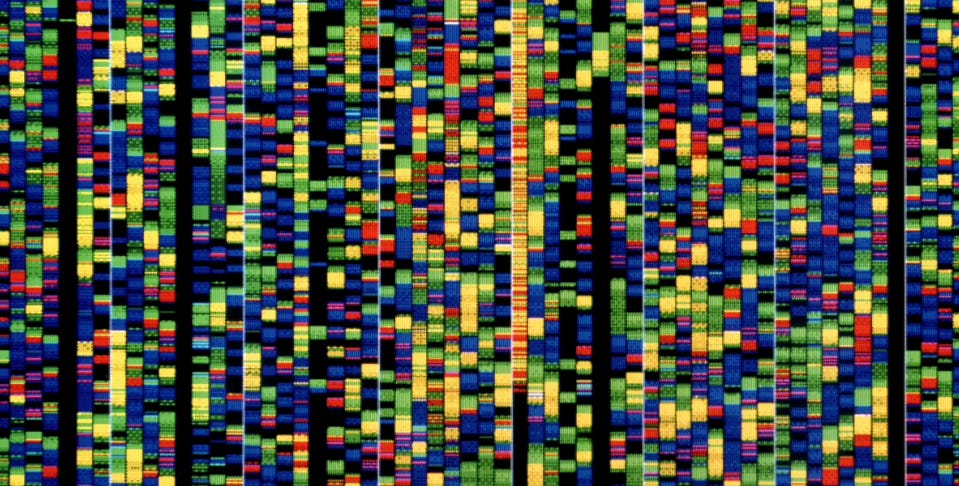Always Be Curious #266: Fab capacity boom, an interview with Asianometry, and an AI band on Spotify
This week in ABC: The advanced fab capacity is set to grow 69% until 2028, Ian Cutress interviews Jon Y of Asianometry, and a band tops the charts but doesn't actually exist
📅 Due to an upcoming holiday break, the next ABC will publish Sun 27 July. Happy Summer, my dear Curious Clan! ☀️
In the first few years of running this newsletter, I remember how I simply never quit. The chip news was non-stop, so I demanded of myself to be (unsustainably) relentless and on top of everything. But my sentiment has softened over the years and I allow myself to take a break now and then. 🤪 I profoundly love making this newsletter for all of you out there. And I want to keep it that way for many more years to come. 🤓❤️
So now that Summer’s here, Always Be Curious is taking a short break to get away from the screen and the grind! ☀️ In the next few weeks, I'll be spending time in nature, recharging, and going on day trips. The newsletter will be back in your inbox on Sunday 27 July, armed with fresh perspectives, intriguing headlines from around the industry, and hopefully a few unexpected and entirely eclectic discoveries. Until then: stay curious!
Have a good week, stay safe and sound,

👨💻The round-up in sci-tech💡
🧬 Google’s new AI will help researchers understand how our genes work (MIT Technology Review)
First came AlphaFold. Now comes AlphaGenome for DNA.
🔥 Large Language Model performance doubles every 7 months (IEEE Spectrum)
By 2030, AI will greatly outperform humans in some complex intellectual tasks. Discover how LLMs are doubling their capabilities every seven months.
🔭 First images from world’s largest digital camera leave astronomers in awe (Nature)
The new observatory in Chile will map the entire southern sky every 3–4 nights.
🤷♂️ How do you teach computer science in the AI era? (The New York Times)🎁
Universities across the country are scrambling to understand the implications of generative A.I.’s transformation of technology.
🍿 How China won the thorium nuclear energy race (Coldfusion)
Thorium has been the holy grail of energy production for the better part of a century so when China announced they got one working it took the world by surprise. The twist? It was built on declassified American research. In this episode we take a look.
🔮 Can AI be humanity’s "worthy successor"?
Is humanity ready to pass the torch to superintelligent AI? Dive into the concept of a "worthy successor" and what it means for our future.
🎸 "There's not a shred of evidence on the internet that this band has ever existed": This apparently AI-generated artist is racking up hundreds of thousands of Spotify streams (MusicRadar)
The Velvet Sundown has no online footprint, a suspiciously artificial artist image and a ChatGPT-generated biography - but somehow has almost 350,000 monthly listeners
🤓This week in chips⚠
📈 AI boom drives explosive demand for leading-edge process nodes — 7nm and below nodes set to expand by 69% in three years (Tom’s Hardware)
And it may be a pessimistic prediction.
"AI continues to be a transformative force in the global semiconductor industry, driving significant expansion of advanced manufacturing capacity," said SEMI President and CEO Ajit Manocha. "The rapid proliferation of AI applications is stimulating robust investment across the semiconductor ecosystem, underscoring the industry’s pivotal role in fostering technology innovation and meeting the surging demand for advanced chips."
🛠️ Are larger reticle sizes on the horizon? (Semi Engineering)
“Though 6×11-inch masks are clearly a better option from a technical and throughput standpoint, the industry remains skeptical about their cost. Abboud pointed to the 1nm technology generation as a potential insertion point, as many tools will need upgrades to meet the requirements of that node anyway.”
✈️ TSMC Arizona chips are reportedly being flown back to Taiwan for packaging; U.S. semiconductor supply chain still remains dependent on Taiwan (wccftech)
A new report says that chips made by TSMC Arizona are being sent back to Taiwan for packaging, fulfilling demand coming from the AI markets.
🌦️ Europe's supercomputer tackles weather mysteries (IEEE Spectrum)
Meet JUPITER, the supercomputer that's changing how we visualize Earth's atmospheric conditions and weather patterns.
🍿 Semiconductors and YouTube: a chat with Jon from Asianometry (TechTechPotato)
interviews of Asianometry. Fun perspectives on creating explainer content about the chip industry!💸 Samsung delays $44 billion Texas chip fab — sources say completion halted because 'there are no customers’ (Tom’s Hardware)
Samsung needs chip buyers for it to start running its Texas chip fab.
🛑 Weitere Umbauten: Intel soll den Alleingang bei Glassubstrat beenden (Computerbase)
"Another of Intel's future projects is under scrutiny: glass substrate. An external solution is more likely to be chosen instead."
🔮 Intel will outsource marketing to Accenture and AI, laying off many of its own workers (Oregon Live)
New CEO Lip-Bu Tan is transforming the chipmaker, slashing jobs and upending operations.
📈By the numbers📉
📈 Advanced fab capacity to grow 69% 2024-28 (SEMI)
The semiconductor manufacturing equipment industry is expected to have a CAGR of 7% 2024-28 to reach 11.1 million wpm in 2028, says SEMI.
📉 Geopolitical tensions and US export restrictions slightly temper AI server shipment growth in 2025 (TrendForce)
TrendForce reports that major North American CSPs remain the primary drivers of AI server market growth. Steady demand is also being bolstered by tier-2 data centers and sovereign cloud projects in the Middle East and Europe. With sustained demand from North American CSPs and OEM customers, global AI server shipments are projected to maintain double-digit growth in 2025.
❤️For the love of tech❤️
🌱 High-performance memory devices can dissolve in water to address e-waste problem (Techxplore)
The use of electronics in various forms is on the rise, from wearable devices like smartwatches to implantable devices like body-implanted sensors, skin-worn smart patches, and disposable monitoring devices. These devices, which are inevitably discarded after use, contribute to the growing problem of electronic waste (e-waste), a significant environmental concern.
Always Be Curious is the personal newsletter of Sander Hofman, Senior Creative Content Strategist at ASML. Opinions expressed in this curated newsletter are my own and do not necessarily reflect those of my employer.











